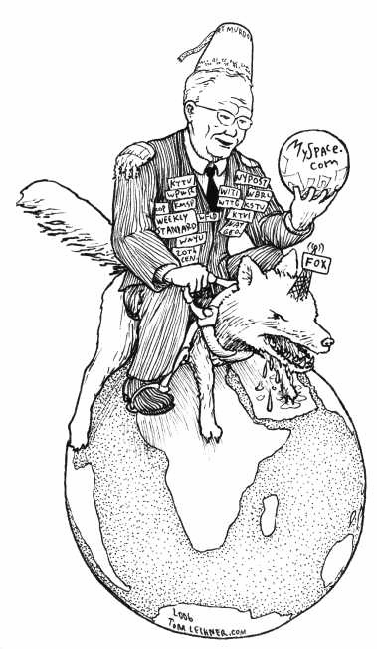What is Net Neutrality
and
Why should I care?
 Net
Neutrality is the core principle that has allowed freedom on the Internet.
Net
Neutrality is the core principle that has allowed freedom on the Internet.
It ensures that users are able to access any website they choose and use any applications they choose, without restrictions or limitations imposed by their Internet service provider.
“Net neutrality” may sound obscure and wonky. But it is crucial if the Internet is to remain a forum for us to talk to one another, to access web sites for information, to read, write and comment on blogs, to engage in political forums, or to donate money and learn about political candidates. For this reason, groups as diverse as Common Cause, Consumers Union, the Christian Coalition, Gun Owners of America and Media Alliance strongly support net neutrality.
And there is a real risk that telephone and cable companies, which provide access to the Internet for 95 percent of US consumers who go online, will use their market power to transform the Internet into largely a vehicle for telling us things—entertainment, games and goods. And even then, those goods and commodities from which they can extract the most profit will be the most accessible.
The Federal Communications Commission (FCC) used to protect our rights to access any information we wanted on the Internet. But we lost those protections in August 2005 when the FCC decided to change the way it enforced rules dealing with the Internet. As a consequence, there is now no rule or regulation that will prevent the phone and cable companies from doing what they’ve said they want to do: charge content providers for the right to be on their Internet pipes, and make special deals with some companies to ensure their sites and services work faster and are easier to find by Internet users.
It was a free and open Internet, without barriers to entry that made it possible for young, unknown entrepreneurs to develop Google, Yahoo, eBay and many other innovative businesses. But access to the Internet will be too costly for the next generation of innovators.
Nonprofits, bloggers and a host of other groups that have Internet web sites also will be left out in the cold. Rather than an Internet where any idea is welcome and where only our imaginations limit what we can discover, we will be left with one that is more like cable TV. Those providing information and opinion will be hard to find and slower to access. Entertainment options will largely be determined by the phone and cable companies.
The Internet Freedom and Nondiscrimination Act (HR 5417), introduced by Reps. Sensenbrenner and Conyers, will ensure that anti-trust law covers the actions of the providers of high-speed Internet by specifically banning discriminatory practices affecting our right to access information we want.
This is not just a threat. There have already been instances of Internet providers blocking access to Internet applications that allow you to access your company’s network, share files with peers—even send large attachments in your email. For instance, last year Telus, a telephone company in Canada, blocked its customers from visiting a website sympathetic to the Telecommunications Workers Union during a labor dispute.
There is nothing in rule or law today that protects us from these abuses. Telephone and cable companies could legally restrict access to any website or Internet application they choose whenever it suits their bottom-line economic, or even political, interests. This legislation makes it unlawful for an Internet service provider to block, impair or discriminate against any lawful Internet content or applications. It does not give the government any special rights or control over Internet traffic.
Excerpted and reprinted with permission from SavetheInternet Coalition.